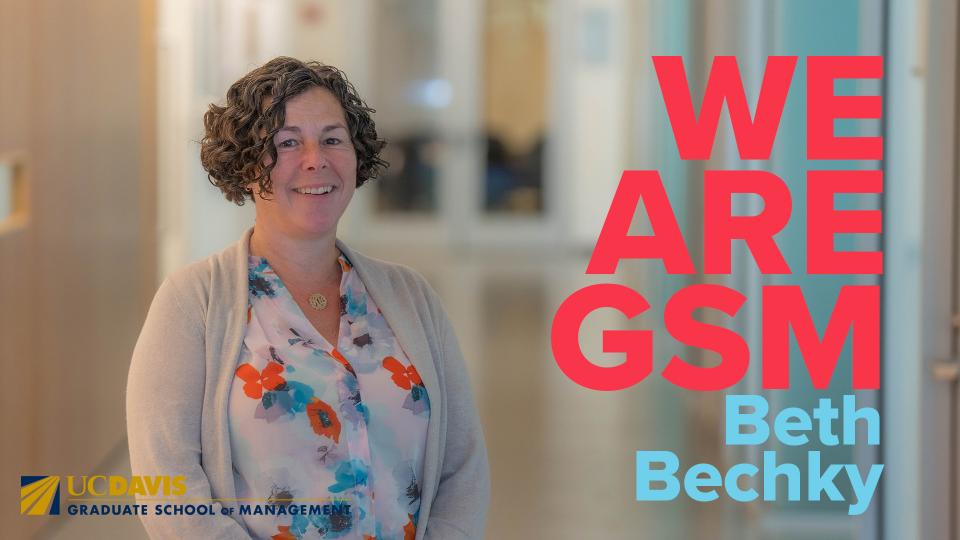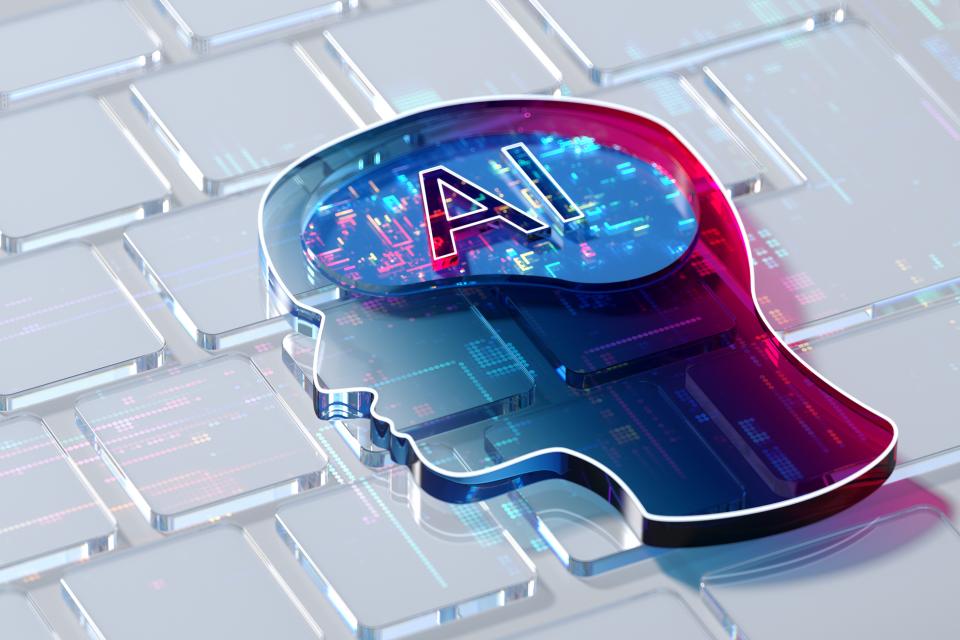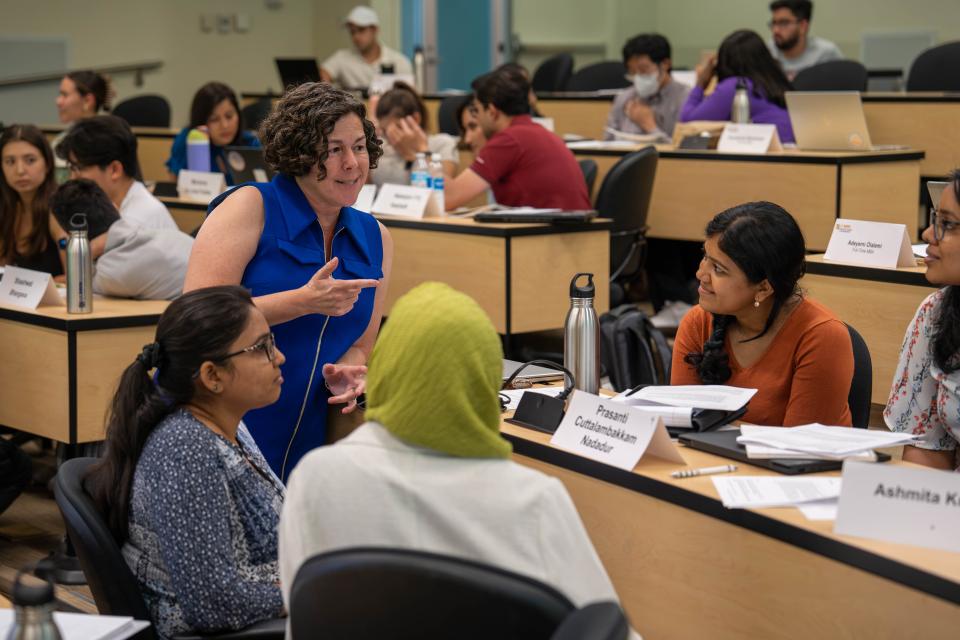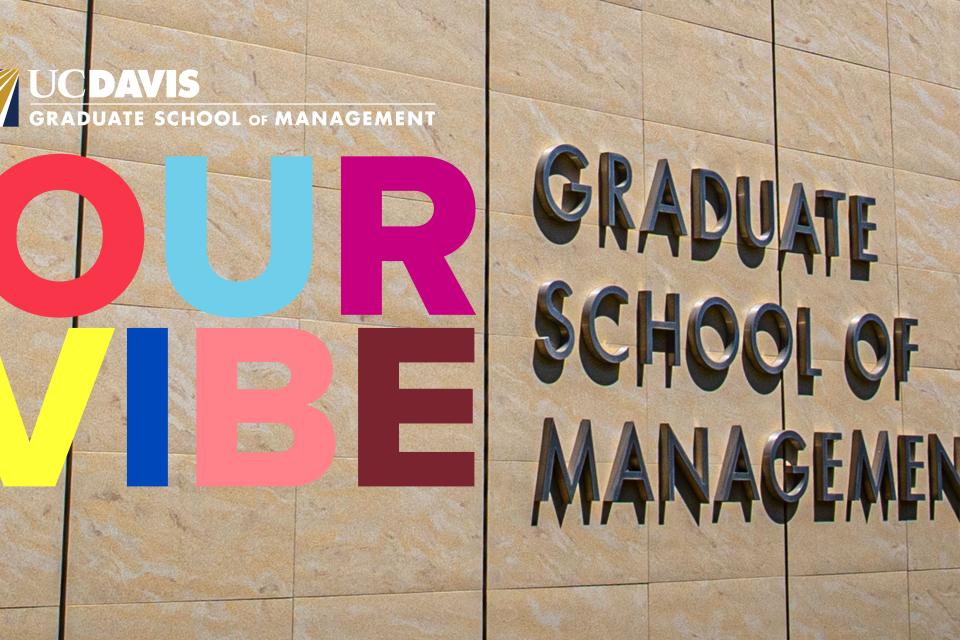"We Are GSM" Video - Meet Professor Beth Bechky

As an organizational ethnographer, Professor Beth Bechky’s research reveals the technical complexity of the modern workplace, including how people build expertise at work. She discusses the influence of technology, including AI’s role in Hollywood and explores the dynamics of team leadership.
Bechky also highlights her work in crime lab research, focusing on how forensic scientists communicate complex evidence. She’s authored a book which explores the real-life work of forensic scientists.
Most recently, Bechky was named a Microsoft Research AI & Society Fellow for 2024. The fellows program supports interdisciplinary AI research in the context of societal impact. In collaboration with the Microsoft fellows cohort, she studied how current technologies, social structures, and economic models are shaping the future of creative work in a world of generative AI.
Lastly, she talks about the unique culture at UC Davis and how the community shapes future leaders in business.
Video Transcript
How Do People Develop Expertise at Work?
I'm really mostly interested in science and technology kinds of work. I've studied engineers, technicians, scientists, teachers, consultants, and what I look at and what I care about is how people develop their own expertise at work.
So I'm very nosy about how people do their jobs. But I also really care about how people interact at work and how they kind of manage their expertise in order to get things done together. And in particular, I care a lot about how they use technology and how that affects what they do together.
Writers vs. Algorithms: The AI Battleground in Hollywood
My research program has been looking at artificial intelligence and how it affects the workplace. There was so much hype about AI even before ChatGPT.
This hype, it's always the same when these new technologies come out. Even the academics jump on board the hype. So you really want to think about in what ways does this fit what we’re doing and who gets to decide.
My most recent project, which is supported by a Microsoft Fellowship on AI and Society, is a study of how screenwriters in Hollywood are responding to the introduction of AI. This was the hot-button issue in the strike; it was we don't want our creativity to be sucked away from us by this tool.
On the other hand, the studios and the streamers are getting pitches from all these startups about here's how you can evaluate this script on the basis of our AI audience. And so that, I think, is a battle that's going to be ongoing. And so we're going to continue to kind of study that over time.
Blood, Powder, and Residue: How Crime Labs Translate Evidence into Proof
Prior to this shift to AI, I invested a lot of time in an ethnography of a crime laboratory. I have a book, and so the goal for me in the book was really to demonstrate, what does a real forensic scientist actually do?
Your bench science is done on messy evidence that comes in from a crime scene. And you have to be able to communicate what does the science tell us about it, in a way that's true to scientific rigor and at the same time communicate that to an audience that doesn't understand science.
UC Davis: Where Education Shapes Community
I teach a course called Leading Teams. I put them into random teams so that they aren't working with their friends. Because in the work world, you don't get to choose who's on your team. And then I point out, there's all these structural things that you can do to make team work better. And there's also a lot of informal interaction that makes or breaks you as a leader of a team.
If you're going to come and get an MBA or get a Master of Management, or even get an undergraduate degree in business, the important parts are to be able to interact with your classmates in such a way that you get the practice before you have to do it in the real world, where the stakes are a lot higher.
I love UC Davis. I was here as junior faculty for over a decade. I’ve only recently returned here. I've been here two years as a senior faculty. It’s just a wonderful place to live. UC Davis, in particular, brought me back because of the way that the university, and the school, and community here orient around the importance of education.


